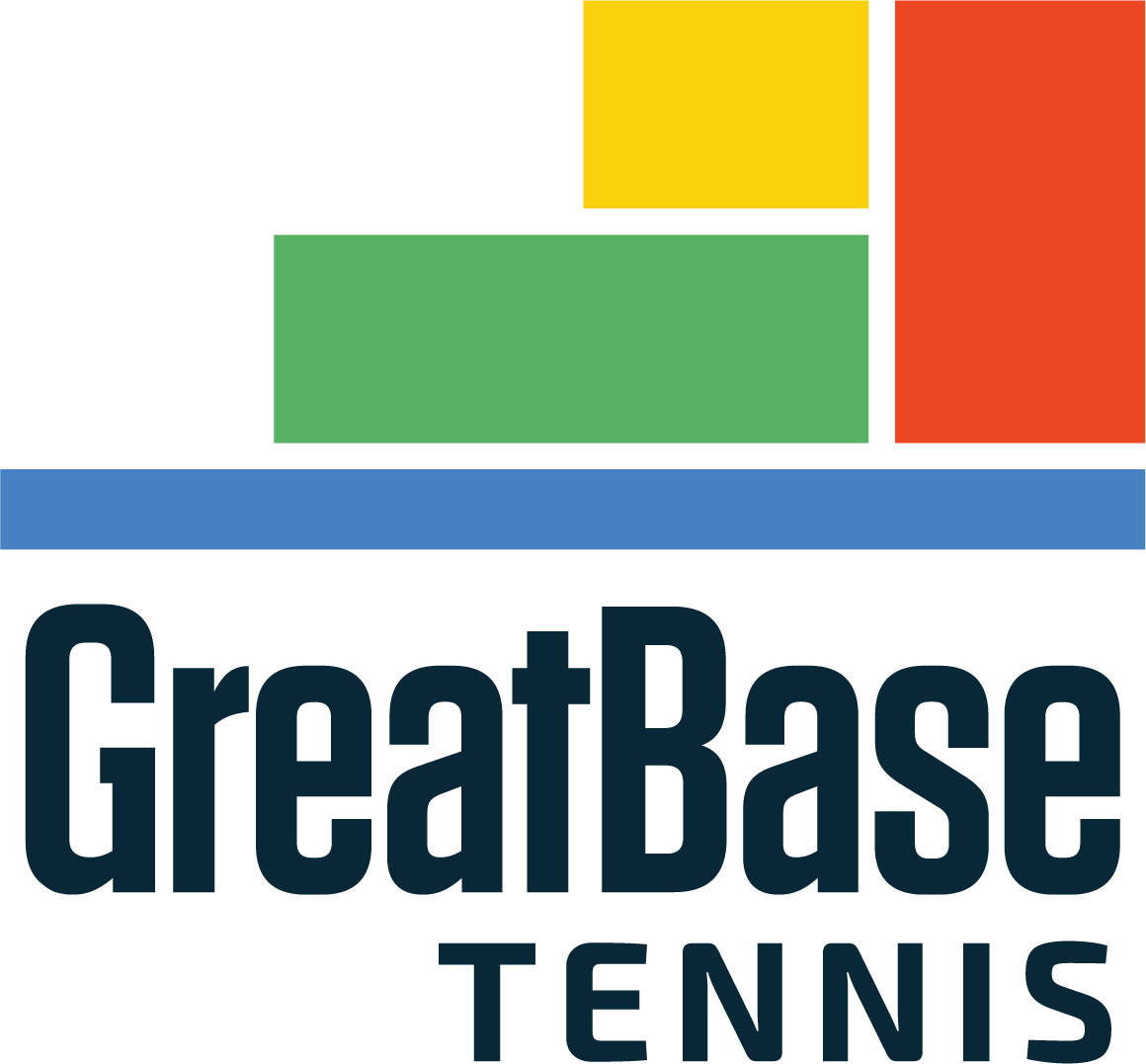In this episode
On the 237th episode of the GreatBase Tennis podcast, Steve Smith, Dave Anderson, and Ivan Ozerets have a conversation with Andres Barbosa. Our long-time associate, Andres, played college tennis around the same time the University of Illinois won the NCAA national championship in men’s tennis.
A former Illinois tennis player, Michael Kosta, has gone on to become a famous comedian. He is probably best known for being a regular on The Daily Show. Another indicator of his fame would be the fact that he was a guest on the Joe Rogan podcast.
Recently on the Craig Shapiro tennis podcast, Michael mentioned that his college coach, Craig Tiley, had a ten-year plan to take his team from obscurity to the national title. Andres asked for Steve’s thoughts on this comment. Dave Anderson joining in the discussion was ideal because he spent seven years with Tiley when they were studying the art and science of coaching under the tutelage of Steve.
The old saying, ” fail to plan, plan to fail ” applies. Hopefully by listening to this session, one will find valuable insight into long-term development and the pursuit of excellence.
show notes
In this episode of the GreatBase Tennis Podcast, we delve into a variety of topics related to tennis, culture, and the nuances of building a successful program. Steve Smith is joined by Ivan Ozerets, Andres Barbosa, and Dave Anderson as we engage in a thoughtful discussion that takes us from recent tennis events to deeper reflections on the sport’s integrity and development.
We kick things off discussing controversial subjects, including the leniency of recent doping punishments in tennis, citing Stan Wawrinka’s comments about the sport’s cleanliness. We explore the implications of these failures on athletes like Simona Halep and Jannik Sinner, who face varying consequences for similar offenses, highlighting the inconsistencies in how these rules are enforced. This conversation leads us to consider whether professional sports can ever truly be clean amidst evolving medical advancements that seek to circumvent regulations.
As we examine the recent tennis landscape, we reflect on players like Fonseca and their impact on the sport, alongside the cultural elements found in sports like hockey. The lively exchange extends to a thrilling hockey match that took place recently, where the intensity and physicality of the game drew comparisons to the sometimes more subdued nature of tennis commentary. We discuss the difference in how hockey commentators express opinions candidly compared to the often neutral tone of tennis commentators, advocating for more genuine and passionate discourse around the sport.
Transitioning to the realm of collegiate tennis, we highlight how programs have adapted over time in nurturing talent. Insights into recent indoor events help underscore the evolution of doubles play — how players now seem less inclined to approach the net in a sport that once thrived on aggressive play at the front of the court. We emphasize the need for coaches to rethink their strategies and foster an environment that embraces an all-court game, learning from historical figures like Vic Braden and Craig Tiley who have shaped player development in their respective eras.
A significant portion of our conversation revolves around the notion of a 10-year plan in tennis coaching and development. With inspiration from recent discussions around Craig Tiley’s philosophy at Illinois, we recognize the importance of structured pathways in nurturing young players into capable athletes. We challenge current coaching behaviors by questioning how many coaches not only share knowledge but also cultivate a culture that empowers players to excel. Mentioning examples of mentoring relationships and success stories from within the Illinois tennis system, we relay the idea that dedication and consistency are crucial to achieving excellence, as demonstrated by notable athletes who had rigorous developmental experiences.
As we conclude, we express the need for reflection within the tennis community — acknowledging that while foundational skills and strategies must be taught, the emotional and social aspects of the sport should never be underestimated. Building a strong community around tennis ultimately fosters resilience, passion, and loyalty within the sport. We look forward to continuing this conversation in future episodes and hope to further explore the intricate web of tennis development for aspiring young players.



